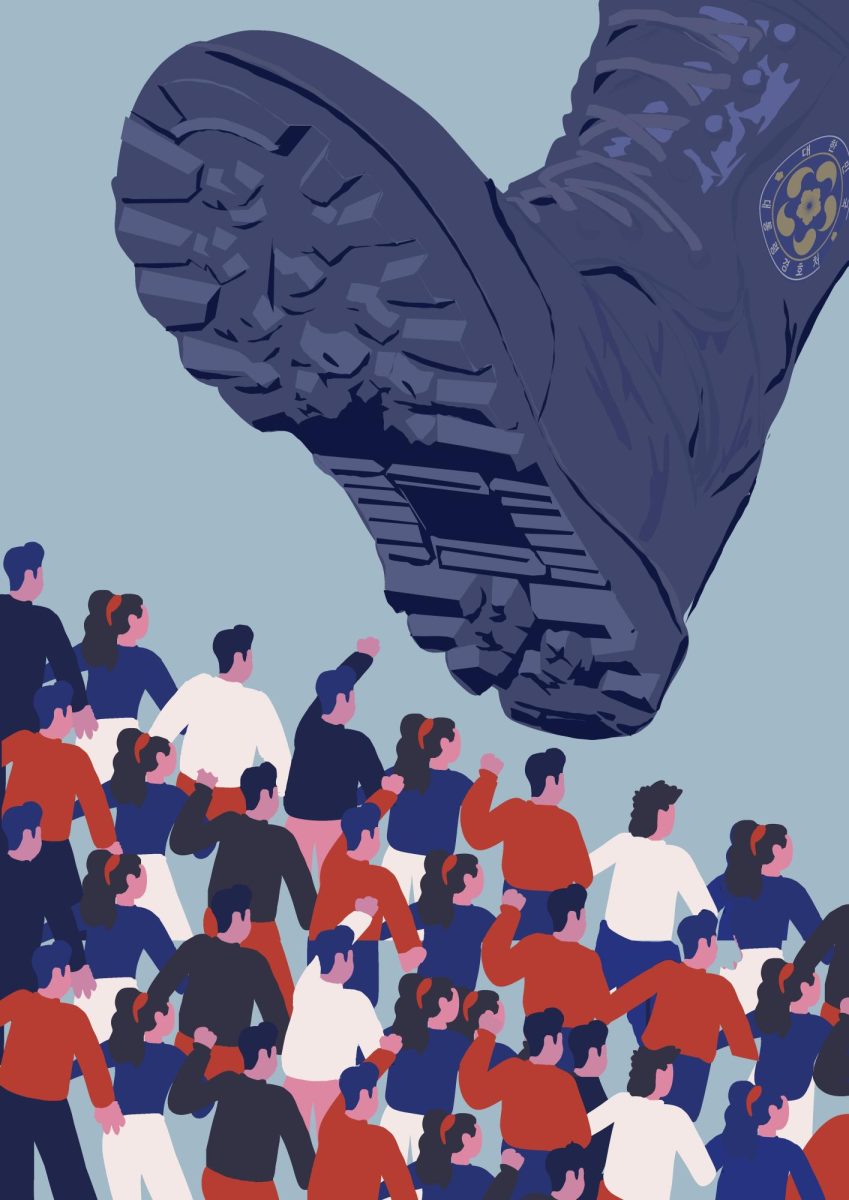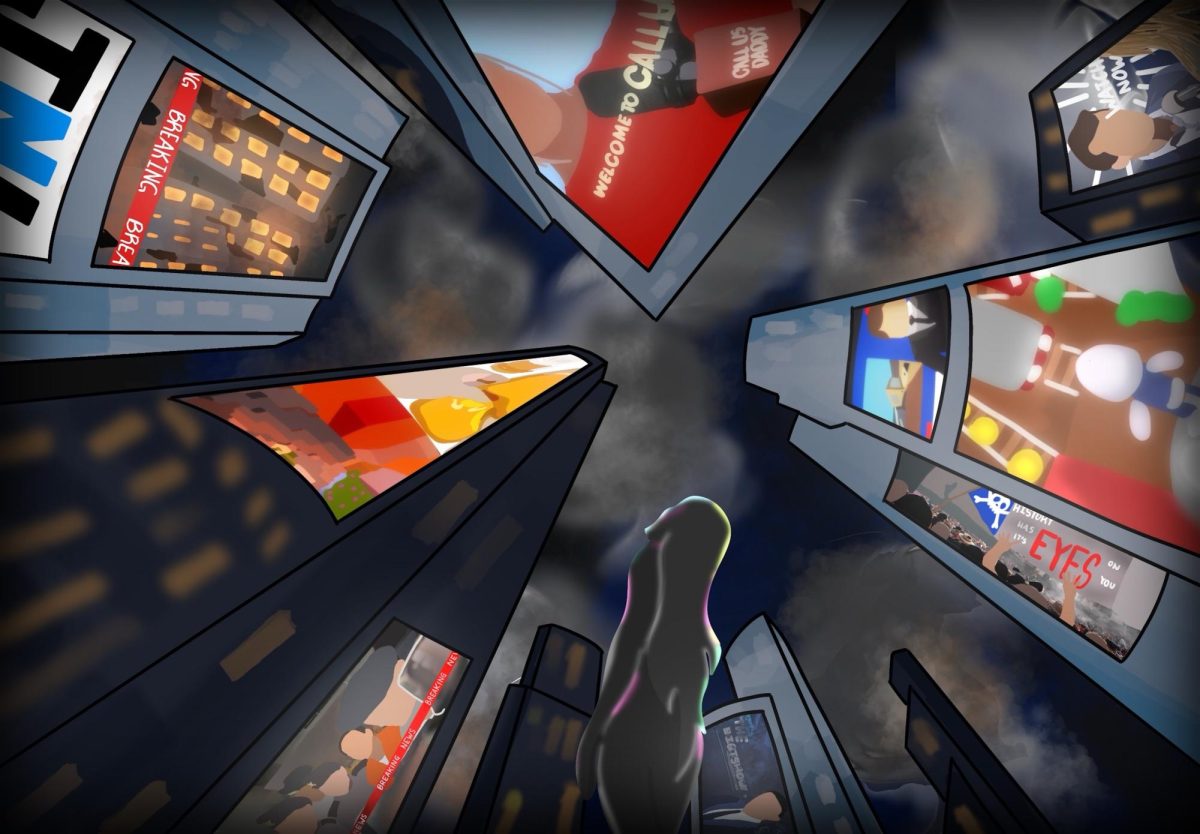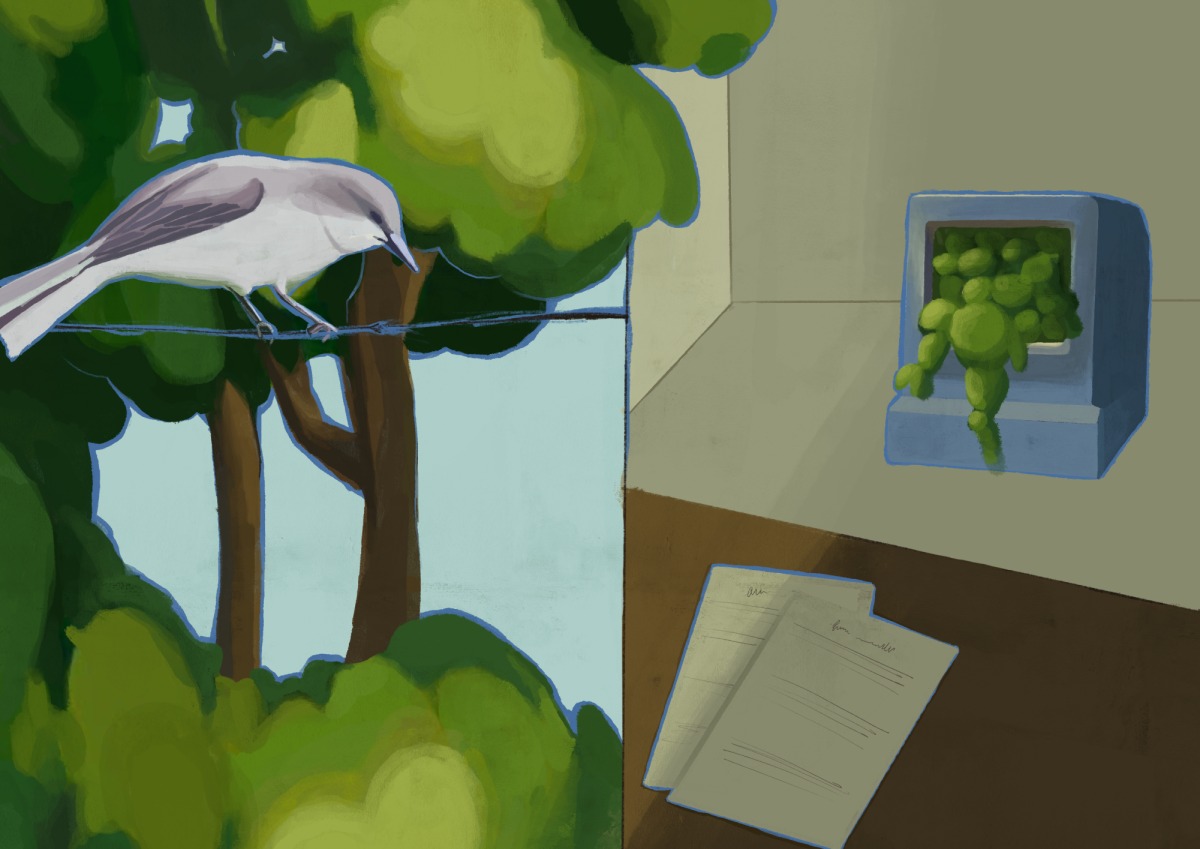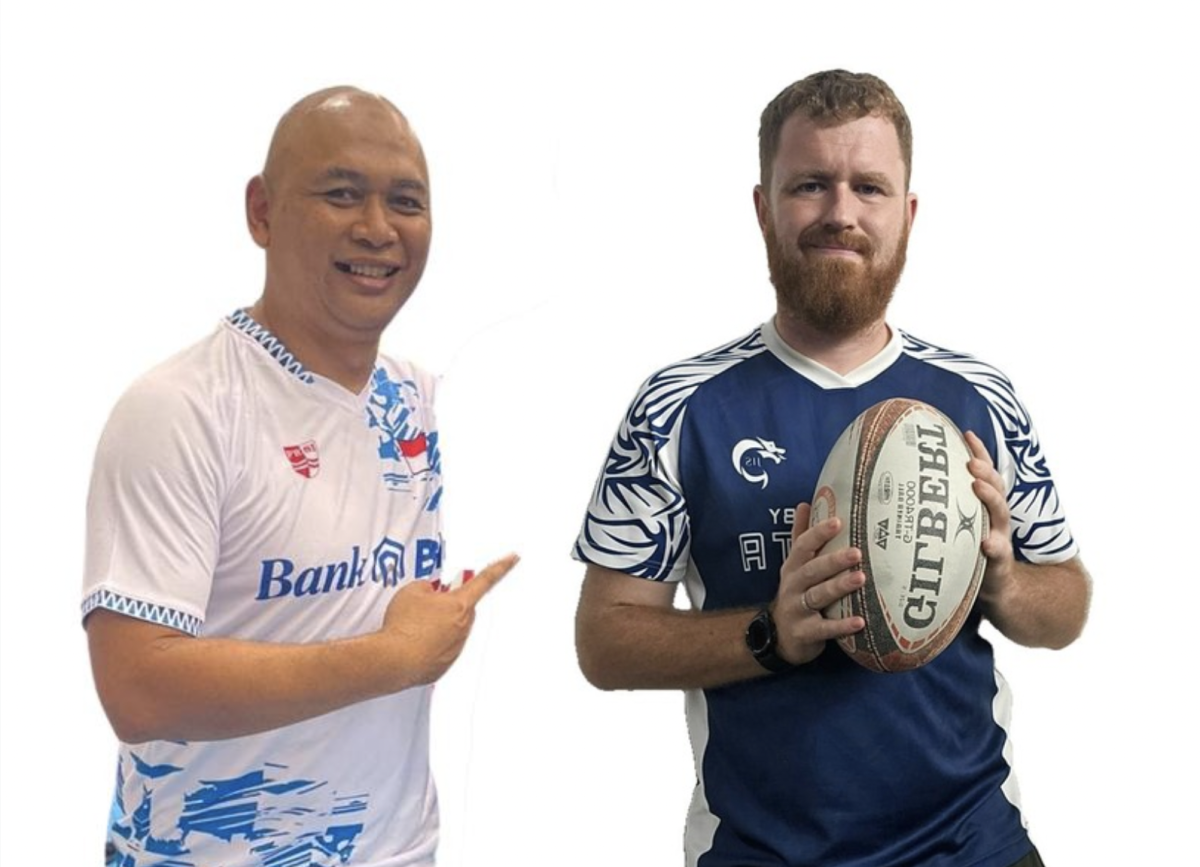Repurposing Service
Prioritizing those in need over personal objectives.
Ms. Berry, who hails from the United States, has been the Service Coordinator at JIS for the past two years. Upon her arrival, she found herself in awe of our well-institutionalized service programs and policies, while simultaneously finding ways in which they can be improved.
Among the many changes that have been made to service this school year, the implementation of the network system—as it is commonly referred to—has proved to be one of the most considerable. After realizing that the goals and missions of most service clubs tend to coincide with one another, Ms. Berry decided to arrange and categorize them according to the service in which they are conducting, including those relating to social challenges, the environment, and children.
These topic-based networks have sparked collaboration between interrelated clubs, consequently prompting the prioritization of service partners over the legacies of individual clubs. For instance, instead of limiting visiting communities to the activities of a single club, tightly-knit networks allow for the compilation and sharing of resources in order to provide a greater expanse of options and opportunities.
Specifically, regarding clubs that work with children, Ms. Berry explains, “[The visiting children] are redistributed based on what they want to do. Some kids might want to learn how to swim or how to sing in a group. Giving our partners the choice is the right thing to do.”
This change was inspired by her personal experiences with service, many for which she found herself on the receiving end. Growing up in a flood zone, she witnessed piles of clothing be donated and distributed among affected families around the neighborhood—a kind but ultimately futile contribution.
“Sometimes, [they’re] not needed, and the clothes just end up by the side of the road, not helping anybody,” she recalls. “Even though people might feel they’ve done their part, there’s a lot more to a situation than we can ever know. It was an important lesson for me on the differences between intent and impact.”
This hope to maximize service efficiency was reflected in the service institute held last school year, a time in which club officers planned tentative programs and initiatives to be executed in the coming year. These ideas were then proposed throughout a series of presentations, during which evaluations and changes were made to ensure that the programs of each club aligned with the needs of their network’s service community. Ever since, Ms. Berry and the Service Council have been responsible for holding each club accountable to the plans they proposed.
“A lot of what I do—and what I really think that this job is about—is helping [the officers] feel like they’re successful,” she explains. “Helping them get to that point where they are functioning as a team, [where] they have created opportunities for their members, [where they] have ownership over the club.”
Furthermore, the changing of the officer appointment system was another effort toward increasing service efficiency at JIS. By having officers campaign and run in networks instead of individual clubs, Ms. Berry hoped to divide and assign them to their club based on their personal interests, passions, and ideas. On average, each club has been assigned four officers, each of whom specializes in programs, operations, finance, or public relations.
Still, she admits that communicating all of these changes has been challenging, especially during online learning. She encourages students to be open-minded regarding these changes that compel the alignment of student intentions with the ultimate effect of service efforts for those in need.
“I hope people come to understand some of the changes [that are being made],” Ms. Berry says. “It’s not about the amount of time you spend at the beach clean-up or working on the social media campaign. It’s about… how [student efforts] serve the community in a meaningful way.”
Cahaya grew up an avid lover of books, constantly scolded by her teachers for secretly reading during class. Today, she is the editor-in-chief of Feedback,...

































